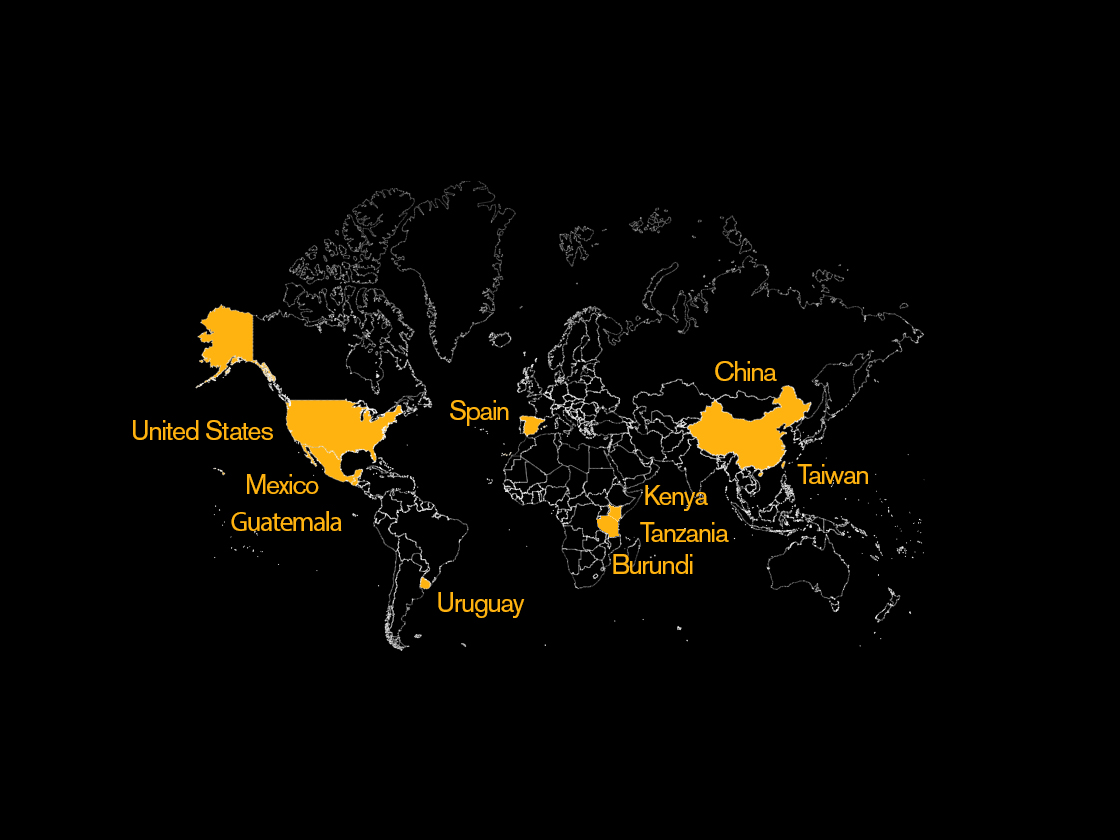Parenting in 2 Worlds

Urban American Indian/Alaska Native Families—parents/guardians and their adolescent children
Stephen S. Kulis, PhD
Stephanie L. Ayers, PhD
Monica Tsethlikai, PhD
Patricia Hibbeler, MA
Project Collaborators
Ain Dah Yung Center, St. Paul, Minnesota
Denver Indian Center Inc., Denver, Colorado
Native American Community Services, Buffalo, New York
Phoenix Indian Center, Phoenix, Arizona
Parenting in Two Worlds is a culturally grounded parenting program specifically designed for the rapidly growing majority of American Indian families who live in cities rather than tribal or rural areas. ASU researchers partnered with several non-profit organizations serving their urban American Indian communities to develop the program, test its efficacy and effectiveness, and disseminate it more widely.
The Parenting in 2 Worlds (P2W) Curriculum
P2W is a culturally adapted version of an existing efficacious prevention program, Families Preparing the New Generation (FPNG). Using a Community Based Participatory Research (CBPR) process involving urban American Indian communities in Arizona, P2W incorporated American Indian learning styles and cultural values that promote strong family relationships. The 10 P2W lessons are delivered weekly by trained American Indian facilitators from their communities.
The Arizona test of P2W
P2W was first delivered in three urban areas of Arizona—Flagstaff, Phoenix and Tucson—and tested for efficacy in those cities through a randomized controlled trial (RCT) involving 607 families. With funding from the National Institute for Minority Health and Health Disparities (NIH/NIMHD) (study R01 MD006110), the study assessed the program's effects in strengthening parenting skills and overall family functioning, and reducing their children’s use of alcohol and drugs, and risky sexual behaviors.
The multi-regional test of P2W
With funding from the NIH National Institute on Drug Abuse (R01 DA056417), GCAHR researchers and their urban Indian center partners are now assessing the effectiveness of P2W—and its cultural relevance—in different regions of the country, each with different migration histories and tribal backgrounds. The overall study aims are to enable families and communities to draw on their cultural values to help keep their adolescent children safe from substance use, risky sexual behavior, depression and suicidality, as well as to understand how the urban Indian centers can enhance and sustain delivery of the program in their communities. The study will involve 720 families of American Indian adolescents living in four metropolitan areas: Northeast (Buffalo/Niagara, N.Y.), Midwest (Minneapolis/St. Paul, Minn.), Mountain (Denver) and Southwest (Phoenix). The study is the first cross-site multiregional trial of a culturally grounded parenting intervention designed for urban American Indians.
Substance abuse, risky sexual behavior, depression, and suicidality among urban American Indian/Alaska Native youth.
• Community Based Participatory Research (CBPR).
• Cultural program adaptation of evidence-based parenting interventions.
• Randomized controlled trials.
In the Arizona test, P2W parents/guardians reported significant improvements in effective parenting practices, sense of parental agency, adolescent supervision, family cohesion, communication with their adolescent about healthy sexuality, and their own sense of American Indian cultural identity. There were also relative decreases in parent-child conflict, as well as in adolescent discipline problems, the adolescent’s substance use (alcohol, cigarettes, and marijuana) and other anti-social behavior (skipping school, vandalism, rule-breaking, lying), and in the parents own use of alcohol. Participants in P2W reported relatively higher satisfaction with program content and how much they learned from it, compared to a family health program that was not culturally tailored.
Kulis, Stephen S., and Mary R. Harthun. (2023). “Culturally Adapted Family Interventions for Indigenous Populations: The Parenting in 2 Worlds Program as an example.” Pages 57-75 in Programas de Familias para la Comunidad: Buenas Prácticas en Implementación de Intervenciones Basadas en la Evidencia, edited by Carmen Orte, Flavio F. Marsiglia, and Joan Amer. Barcelona, Spain: Ediciones Octadero.
Kulis, Stephen S., Monica Tsethlikai, Stephanie L. Ayers, and Kyle E. Gresenz. (2023). “Parenting in 2 Worlds: Testing Improved Parent-Adolescent Communication about Sexuality in Urban American Indian Families.” Journal of Research on Adolescence. Advance online publication. https://doi.org/10.1111/jora.12900
Kulis, Stephen S., Monica Tsethlikai, Mary L. Harthun, Patricia K. Hibbeler, and Stephanie L. Ayers. (2020). “Parenting in 2 Worlds: Effects of a Culturally Grounded Parenting Intervention for Urban American Indians on Participant Cultural Engagement.” Cultural Diversity and Ethnic Minority Psychology 26(4): 437–446. https://doi.org/10.1037/cdp0000315
Ayers, Stephanie L., Stephen S. Kulis, and Monica Tsethlikai. (2017). “Assessing Parenting and Family Functioning Measures for Urban American Indians.” Journal of Community Psychology 45(2): 230-249. https://doi.org/10.1002/jcop.21844
Kulis, Stephen S., Stephanie L. Ayers, Mary L. Harthun, and Justin Jager. (2016). “Parenting in 2 Worlds: Effects of a Culturally Adapted Intervention for Urban American Indians on Parenting Skills and Family Functioning.” Prevention Science 17(6):721-731. https://doi.org/10.1007/s11121-016-0657-0
Kulis, Stephen S., Stephanie L. Ayers, and Tahnee M. Baker. (2015). “Parenting in 2 Worlds: Pilot Results from a Culturally Adapted Parenting Program for Urban American Indians.” The Journal of Primary Prevention 36(1): 65-70. https://doi.org/10.1007/s10935-014-0376-x